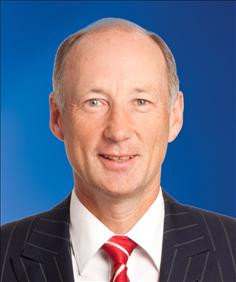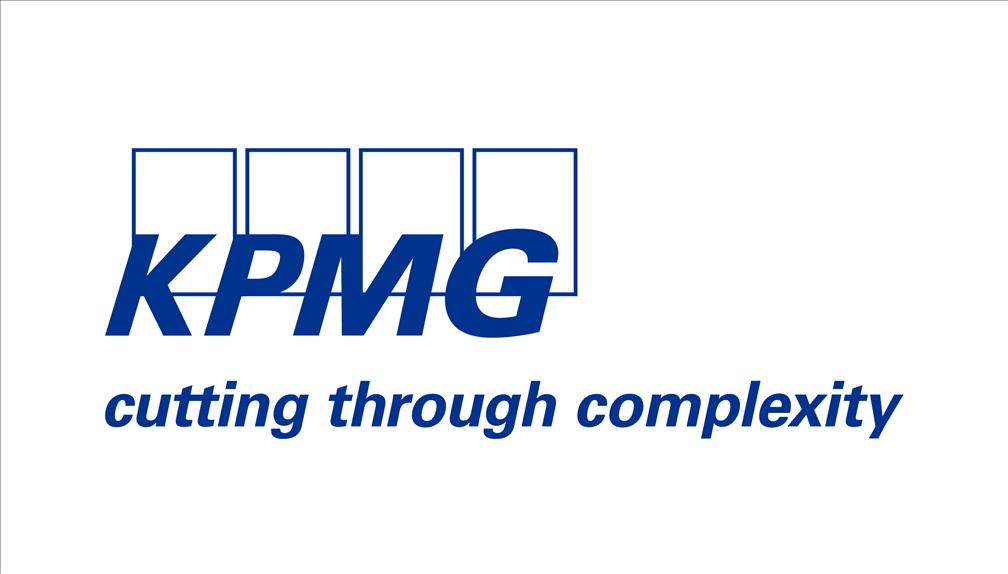 Finance Minister Bill English has delivered a Budget (on May 24) defined by his commitment to return the Government’s books to surplus in 2014-20115.
Finance Minister Bill English has delivered a Budget (on May 24) defined by his commitment to return the Government’s books to surplus in 2014-20115.
This has not been an easy task. This year, he had to grapple with a decline in the growth forecasts, meaning that the spending allowance had to be reduced from that signalled in Budget 2011.
The surplus predicted in 2014-2015 has shrunk from $1.3 billion to $197 million.
The positive story is that he has delivered a smaller deficit in 2012-2013 than previously forecast ($7.9 billion against $9.7 billion referenced in Budget 2011).
Budget 2012 has been tagged an ‘almost zero’ Budget. It is worth noting that this is in nominal terms and hence government entities have to find new ways to fund inflationary pressures.
In previous Budgets, this Government set out a plan to provide $1.1 billion additional spending each year.
Last year, the forecasts deteriorated and Mr English had to wipe out the 2011-2012 planned spending growth to deliver a nominal decrease in the Budget.
This year, further deterioration in the forecasts means that the $800 million operating allowance has reduced to $26 million.
Of the last 10 quarters, nine have had positive growth and this trend is set to continue, but our growth rates are still low.
Growth is forecast to steadily increase through to 2014-2015, when the Christchurch rebuild is expected to peak. At this point, it is expected to sit just above 3% and in years further, this will drop back just below 3%.
This compares to OECD forecasts of the Euro Zone growth of -0.1% in 2012 and 0.9% in 2013.
OECD forecast of growth in the US is 2.4% in 2012 and 2.6% in 2013.
Global Risk
There is a downside risk on the Budget forecasts as they were finalised on April 27, 2012, before the most recent changes made in the European outlook following the Greek and French elections.
Last week, OECD said, “The crisis in the Euro Zone remains the single biggest downside risk facing the global outlook.”
What does this mean for New Zealand’s economic future? With a continuing deterioration in forecast, the Government needs to convince the public it has a credible plan for growth.
The Christchurch rebuild will provide a temporary, but potentially localised stimulus, to GDP. Beyond this, there is as yet little sign of a meaningful recovery in the general economy.
Quality Spending
New and reprioritised spending needs to be shown to be quality spending which will deliver results and promote economic growth.
Steven Joyce’s new ‘Super Ministry’ MBIE will have a lead role to play in creating optimal conditions for business investment and economic growth.
 The Government still seems to retain firm public support for its ‘zero’ style Budget approach, but it will be wary of the changes in public sentiment seen across the UK and the Euro Zone.
The Government still seems to retain firm public support for its ‘zero’ style Budget approach, but it will be wary of the changes in public sentiment seen across the UK and the Euro Zone.
Sustained economic growth will be required soon to convince the public that a return to higher spending levels is not a preferable economic growth strategy.
Ross Buckley is the Executive Chairman of KPMG New Zealand. KPMG is the Sponsor of the new ‘Business Excellence in ICT’ Category of the Indian Newslink Indian Business Awards.






